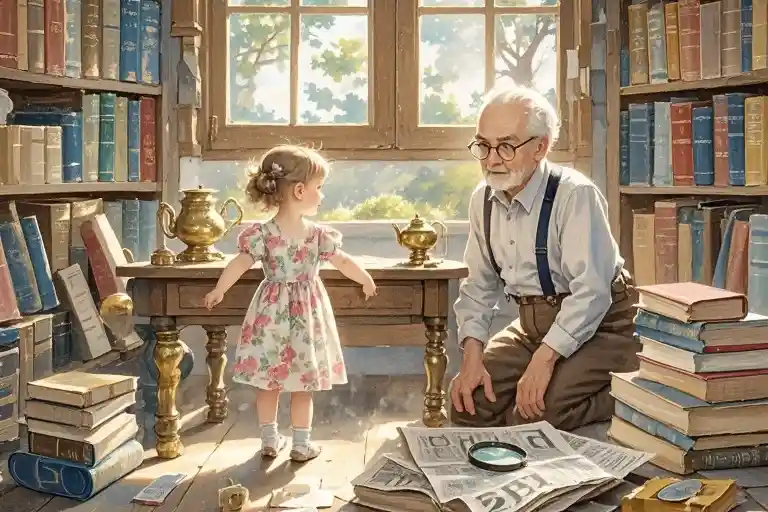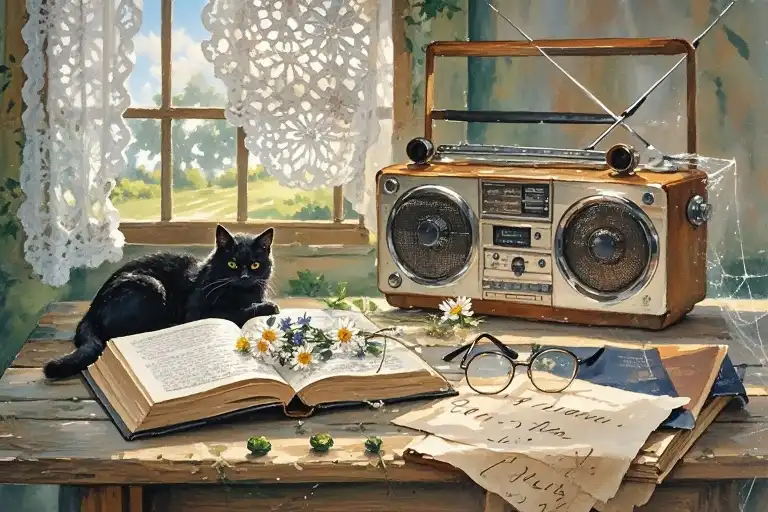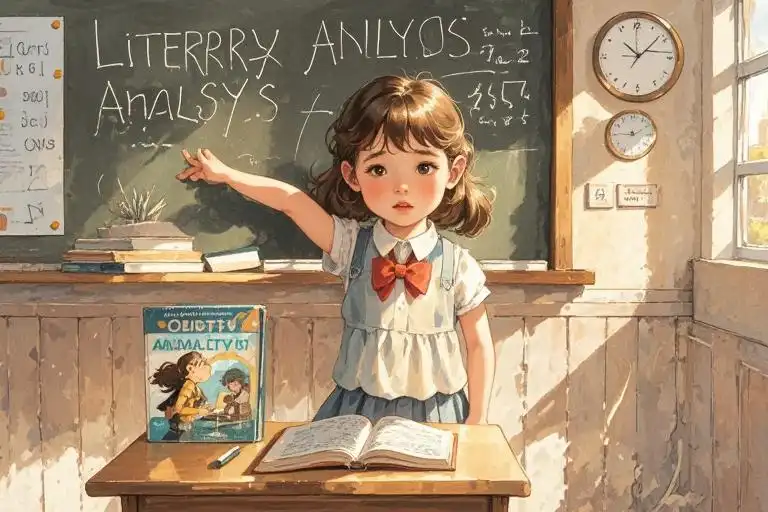The summer I turned three, I discovered magic in a land of pickled cucumbers and communist-era newspapers. While other toddlers built sandcastles, I built empires of words – not because I loved stories, but because I desperately needed someone to notice I existed.
When Bookshelves Stop Breathing
Our family apartment smelled like forgotten potential. The wall of books behind our Soviet-era sofa stood frozen in time, their cracked spines whispering about my parents’ pre-childhood selves. Mama’s dog-eared Pushkin poetry collection gathered dust above the radio. Papa’s engineering manuals doubled as coasters for his ever-present tea glass.
“I was top of my literature class,” Mama would sigh while scrubbing beetroot stains from my dresses, her fingers pausing on a particularly stubborn spot. “Your father wrote love letters that made entire dormitories cry.”
Their words hung in the air like uninvited ghosts. I learned quickly: adulthood meant packing your passions into storage boxes labeled “Maybe Later.”
The Accidental Conspirator
When my parents shipped me off to Grandma’s Ukrainian village, they didn’t realize they were sending a moth to a flame. Grandma’s house contained three things in abundance: religious icons, jars of preserves, and absolutely nothing readable except prayer books thicker than my arm.
Enter Uncle Vlad – the neighborhood’s answer to a fairytale gremlin. His cottage smelled like pipe tobacco and rebellion, every surface buried under literary contraband. I still remember the day he caught me “reading” Pravda upside down, my grubby fingers leaving jam stains on Party-approved headlines.
“Malenkaya vorona (little crow),” he chuckled, tapping the front page with his cane. “Tell me what Khrushchev says about corn production.”
Our game began in earnest – half literacy lesson, half theater. I’d invent increasingly outrageous headlines (“Kitten Becomes Cosmonaut!”), he’d counter with phonetic drills disguised as spy missions. By harvest season, I could decode both Cyrillic letters and Vlad’s raised eyebrow that meant “Try harder, show-off.”
The Bittersweet Taste of “Special”
When I returned to Kyiv reading at a 12-year-old’s level, the reactions taught me unexpected lessons:
Grandma’s Church Friends:
“Such a clever girl!” they’d coo, feeding me honey cakes. Their approval tasted sweeter when accompanied by sidelong glances at Mama.
My Second-Grade Teacher:
Her startled blink when I corrected her pronunciation of “Tyrannosaurus” still lives in my personal hall of fame.
My Sister:
“Can you stop?” she hissed as I “helped” with her homework. Our shared bedroom grew a Berlin Wall of picture books.
Mama:
She developed a nervous tick in bookstores, her hand jerking back when reaching for novels. “Maybe when you’re older,” she’d say, steering me toward educational workbooks.
The Hidden Curriculum
Looking back through adult eyes, I see patterns my childhood self missed:
- The Currency of Exceptionalism
My “gift” became transactional – reading aloud earned extra dumplings at dinner, skipped chores, reluctant smiles from overworked parents. - The Isolation of Standing Out
Classmates called me “Walking Dictionary,” a nickname that sounded like compliment but felt like quarantine. - The Trap of Early Labels
Teachers stopped asking if I needed challenges, only how extreme those challenges should be. By eight, I was analyzing Chekhov stories while still believing in Santa.
Words as Weightlessness
The irony? My escape into books became its own prison. The more I read about mythical heroes and revolutionary scientists, the more ordinary real life felt. I developed a terrible habit of comparing every classroom moment to Anne of Green Gables and finding reality lacking.
At twelve, I made a shocking discovery in the school library’s philosophy section: Søren Kierkegaard arguing that “The door to happiness opens outward.” For the girl who’d always turned inward to books, this felt like being handed a key without a lock.
Relearning Wonder
Today, when I watch my niece “read” to her stuffed animals (complete with dramatic page-turning flourishes), I bite my tongue against corrections. Let her believe stories live in paper smells and textured illustrations a little longer.
My childhood taught me words’ power to elevate and isolate. Adulthood taught me their greater magic – choosing when to wield them and when to let silence speak. The girl who needed books to feel seen now finds connection in shared laughter over mispronounced words and dog-eared paperbacks passed between friends.
The truest stories, I’ve learned, aren’t those we devour alone, but those we grow together.



